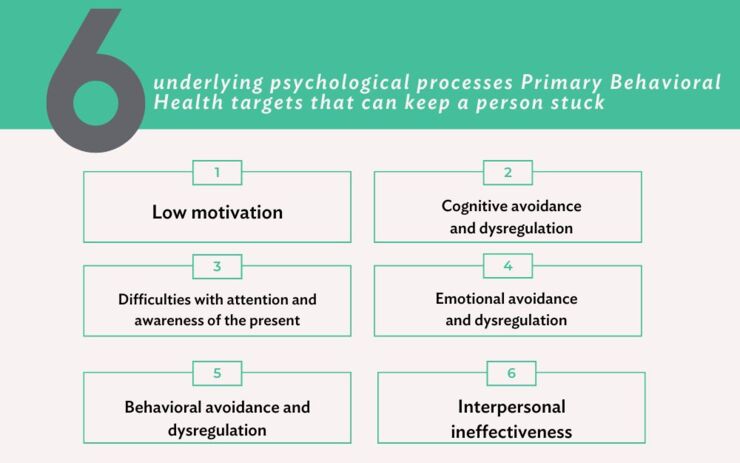Eating disorders are a guy thing, too.
Posted on 12/09/11 11:29:pmBy: Theodore E. Weltzin, MD, FAED
Medical Director, Eating Disorder Services at Rogers Behavioral Health

It is not unusual for a male to have an eating disorder, as a growing body of evidence indicates that men are as concerned about body image as women.
Males make up approximately 10% of anorexia nervosa and bulimia nervosa eating disorder patients. If you include binge eating disorder, as many as one in four of all eating disorder patients are males.
Why males?
There are many reasons why a male might develop an eating disorder. Exercise and athletic competition, especially sports that require low body fat or extreme weight loss, represent a risk for developing exercise dependence and eating disorders in males. Anxiety disorders and perfectionism have also been shown to be contributing risk factors. Other factors that may increase males’ risk of developing an eating disorder include alcoholism, history of obesity, teasing and physical abuse.
Males with eating disorders often engage in activities that increase their muscularity as the perception is doing so will increase their masculinity, boost confidence and improve their attractiveness.
More likely to binge
Negative attitudes and restrictive eating increase binge eating in both males and females. Males are more likely than females to binge as a result of body image concerns. Feeling anger can also trigger binge eating in males, whereas females tend to binge in order to suppress negative feelings.
Excessive exercise
For males, “excessive exercise” is often brought about as a way of either counteracting the effects of eating or attempts at weight loss. The need to excessively exercise is, in many ways, seen as similar to purging by self-induced vomiting, as both can be reactions to a real or imagined uncomfortable or “full” feeling.
Specialized treatment for males
The treatment of males involves nutritional interventions aimed at normalizing eating and, in most cases, normalizing weight. Treatment may also include cognitive-behavioral therapy that aims to identify and challenge errors in thinking, reduce preoccupation and overvaluation of food and weight, and to normalize behaviors related to eating disorders. An important part of treatment involves addressing co-occurring psychiatric concerns.
Anticipating and developing alternative ways of dealing with anger and irritability is an important aspect of treatment for males. In treatment, feelings of anger and irritability may increase for males who abstain from binge-eating.
While men and women have a similar response to treatment, males seeking treatment for eating disorders also often have to overcome the misconception that eating disorders are a female phenomenon. A common belief is that the treatment environment and clinical approach is primarily geared towards women. Males also report much less support from family, friends, school, coaches, and employers than they believe is given to females struggling with the same disorder.
Rogers can help
Rogers Behavioral Health offers specialized eating disorder treatment for males. You can request a screening at 800-767-4411 or the online screening request form.
If you do not feel you need treatment right away, but may be concerned, we offer online quizzes to possibly provide some relief. While these quizzes do not provide a diagnosis, it could be the first step in finding the treatment you may need. Take our online Eating Disorder Quiz today.
Topics
Share this article:



